
Imagine there is an anchored ship that is about to be hijacked by pirates. There are six pirate ships competing against each other to hijack the ship and bring it to their respective island. If the ship is not anchored well, it will be hijacked by the strongest pirate ship. However, if the ship is anchored very well the pirate ships are going to get exhausted and will eventually give up.
This is like what happens when we sit to meditate. If you do not anchor your breath well to the your whole body (breath fully immersed in the body*) your senses will "hijack" you. The ear may "hijack" you to the sound. Alternatively, our mind will "hijack" you to ideas (thoughts). The same may apply to the other senses too.** Whatever the strongest sense may be, it will hijack the perception of your breath. If you anchor the breath to your body strongly enough, eventually the senses will give up. This is one of the tasks in the early stages of breath meditation.
Buddha used a beautiful simile on this about the six animals in Chappana Sutta -The Six Animals.
Thanissaro Bhikkhu explains this well in few of his talks. Here are some links:Mind on a leash, The Breath All the Way (16 Steps), Breath Training, Animals in the Mind
*The breath "anchored" to whole body (breath fully immersed in the body)
In Buddhas words:
"He trains himself, 'I will breathe in sensitive to the entire body.' He trains himself, 'I will breathe out sensitive to the entire body."
"'Experiencing the whole body, I shall breathe in,' thinking thus, he trains himself. 'Experiencing the whole body, I shall breathe out,' thinking thus, he trains himself."
**In formal sitting breath meditation usually mind/ideas, ears/sounds, nose/smells and body/sensations will distracts you the most as your eyes are closed (no eyes/objects) and there is no activity of the tongue/tastes. However in usual day to day life activities too we could apply this method of anchoring the breath when we are challenged with our senses, to prevent the mind getting agitated or stressed. Perhaps we already use this method instinctively without any formal training by "taking a deep breath" when we are stressed. However if you train yourself with formal breath meditation it will be much easier to anchor senses to the breath, restraining the senses and ultimately calming the mind more effectively.

















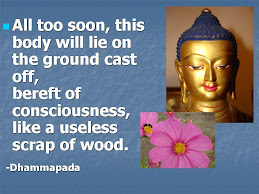

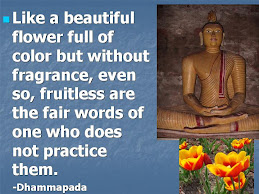
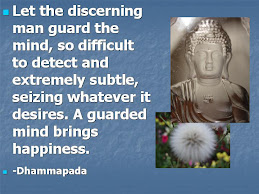

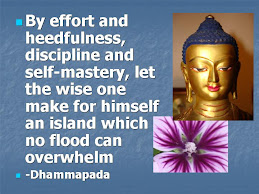

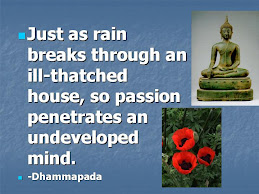


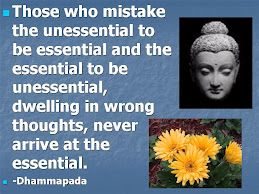
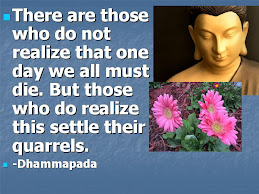
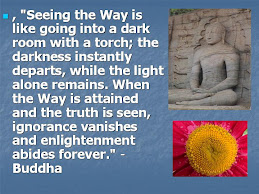

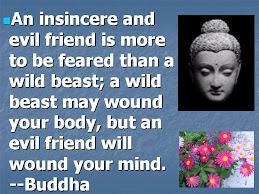


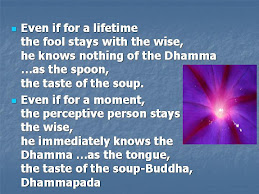



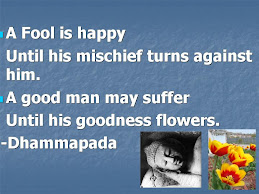
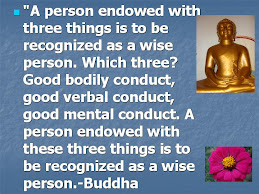

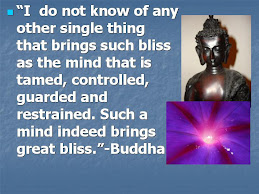
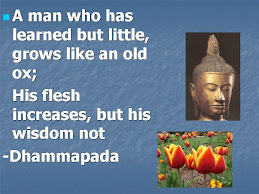
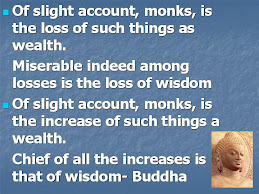

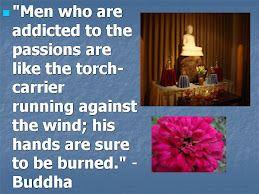


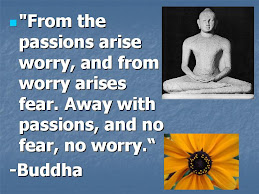
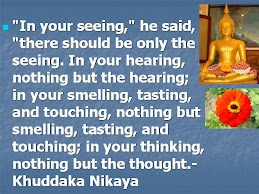




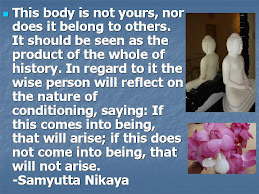
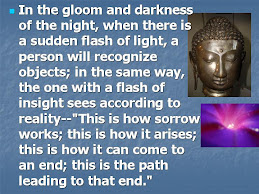
















No comments:
Post a Comment